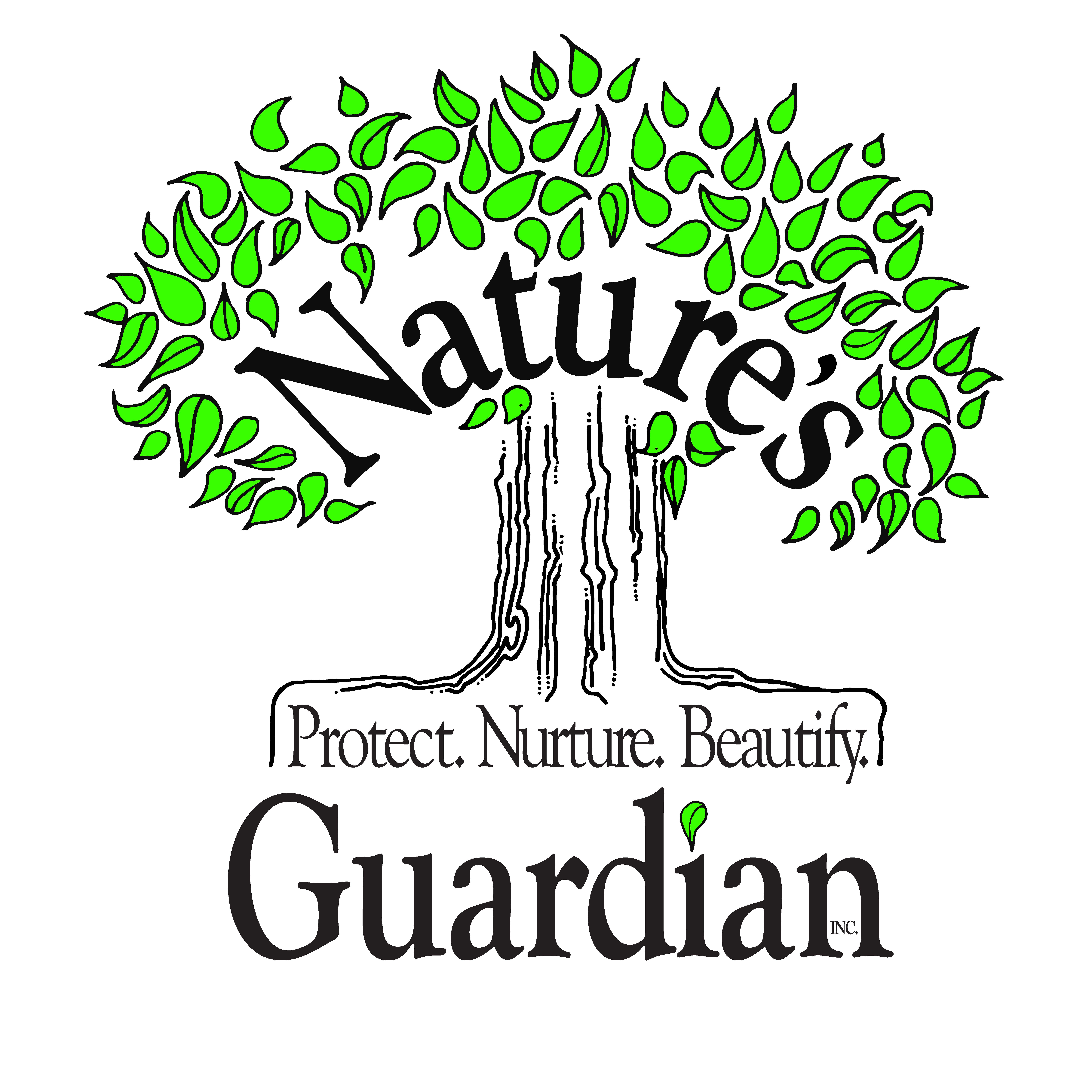Protecting, Nurturing and Beautifying Landscapes in the Hamptons Since 1980
Following is some information regarding organic landscaping and the different areas of organic landscape maintenance. These areas include orchards, lawn care, soil, fertilization, and insect, disease and weed control.
Maintaining Orchards Organically
Since one of the primary purposes of orchards is for the production of food, you may want to consider an organic approach to keeping your orchard healthy.
Organic Lawn Care – An Environmentally Friendly Way to Care for Your Lawn
It’s possible to grow a pretty good lawn without insecticides, fungicides, herbicides and chemical fertilizers. In order to sustain your turf without chemicals you must minimize pests and provide excellent growing conditions.
Soil pH
The pH of the soil must be adjusted to the proper level so there are fewer diseases improved nutrition and better root health. Soils with low or acid pH will need to have lime added. A pH test must be done on the soil to determine how much lime to add.
Soil Texture
Soil has sand, silt, clay and organic matter. Organic matter and clay help soil hold water and retain nutrients. Organic matter is very important in Long Island’s sandy soil and may need to be amended with additional organic matter such as mulch.
Mowing
Organic lawn care must follow proper mowing to maintain a healthy turf. Organic lawn maintenance means fertilizing with 100% natural products or not fertilizing at all. It is recommended to maintain a three inch growing height. If it is less than that, the roots can suffer from a shortage of food. In addition, a dense growing turf holds moisture and controls weeds.
Irrigation
Know how to use your irrigation system to keep your turf healthy. Improper irrigation can contribute to disease insects and stress. Irrigation should moisten the soil to about a five inch depth.
Fertilization
Slow release 100% natural products. Younger lawns may need to be fertilized more than older dense ones. Soil test to determine fertilizer based on nutrient needs, Compost can supply nutrients and nitrogen to turf. Choose grasses to meet the conditions of your property, different grasses have different sun requirements.
Diseases
Core aerating and composting the top of soil improves drainage. Trim back trees and shrubs to improve air flow. Poultry and plant meal encourages natural disease fighting organisms and to improve soil.
Insects
Ryegrass, fine fescue or tall fescue seeds have endophytes (fungi) which can resist chinch bugs and webworms. Remove grub “clumps” and reseed. Ants should be left alone, they are good turf pest predators.
Weeds
The thinner the turf is the more weeds there are. The best deterrent to weeds is a thick healthy lawn. The type of weeds present will indicate whether your soil pH is too high or low.
Information gratefully obtained from the Cornell Cooperative Extension website. For more infomation visit http://ccenassau.org/resources/organic-lawn-care and http://psep.cce.cornell.edu/issues/lawnissues.aspx
